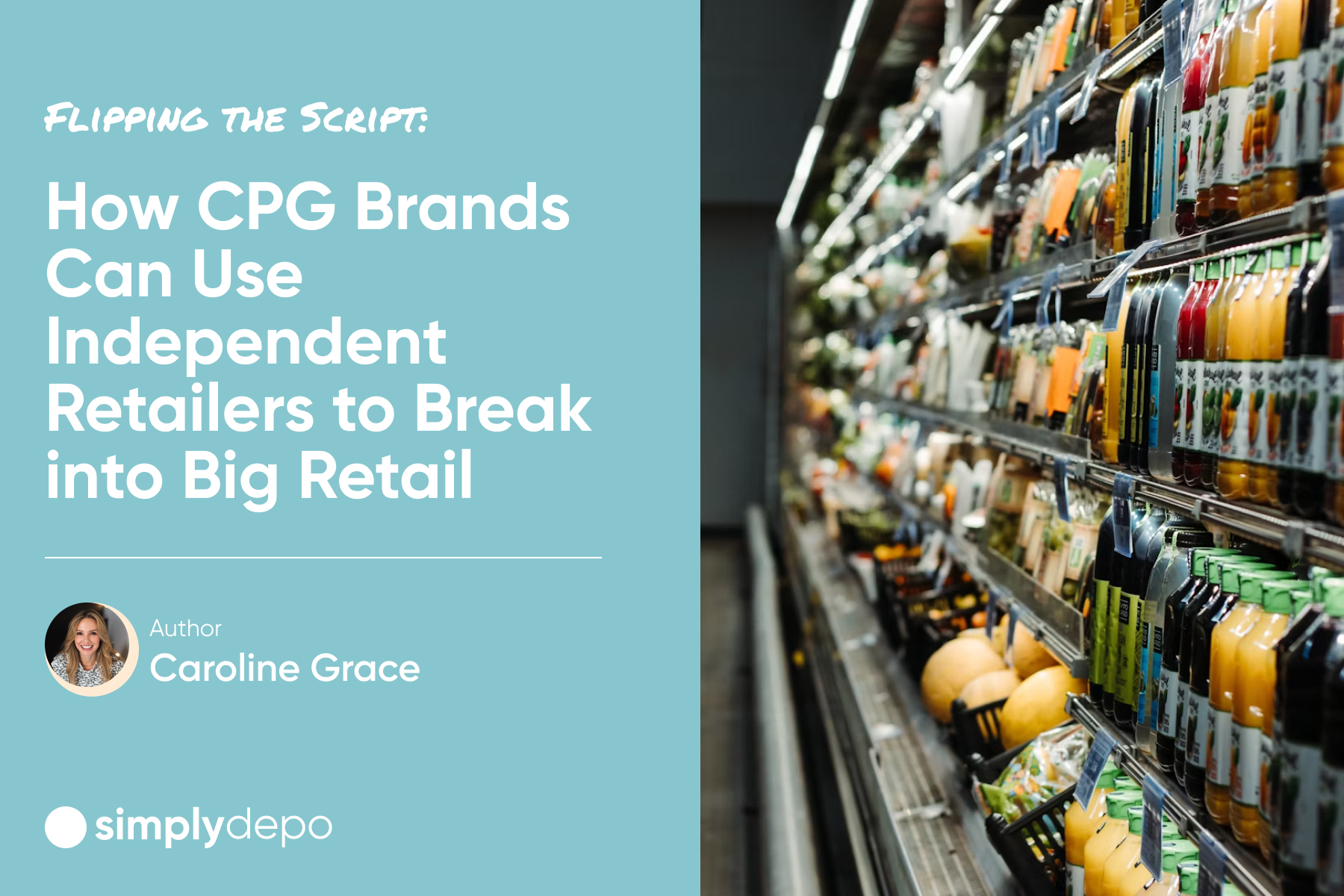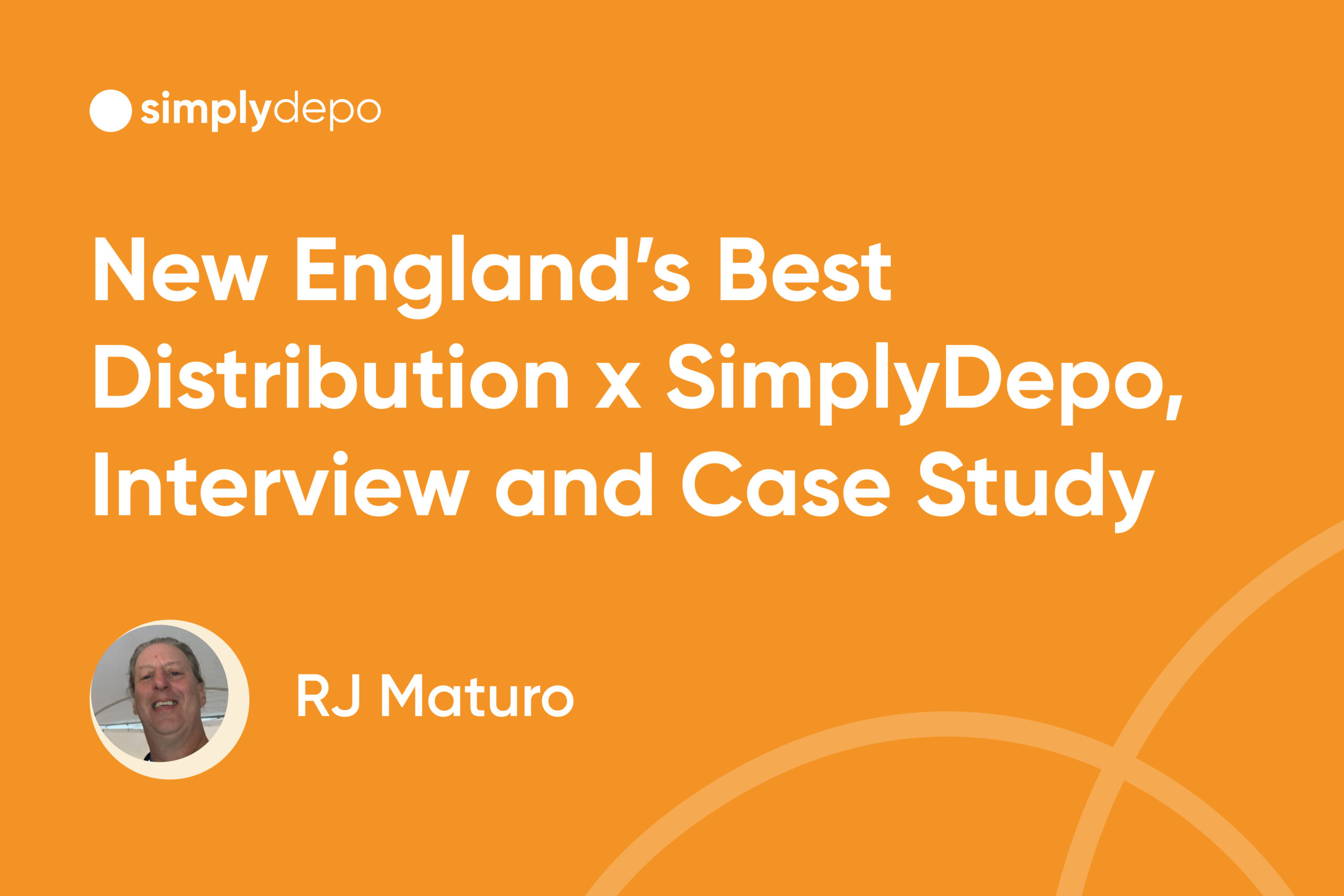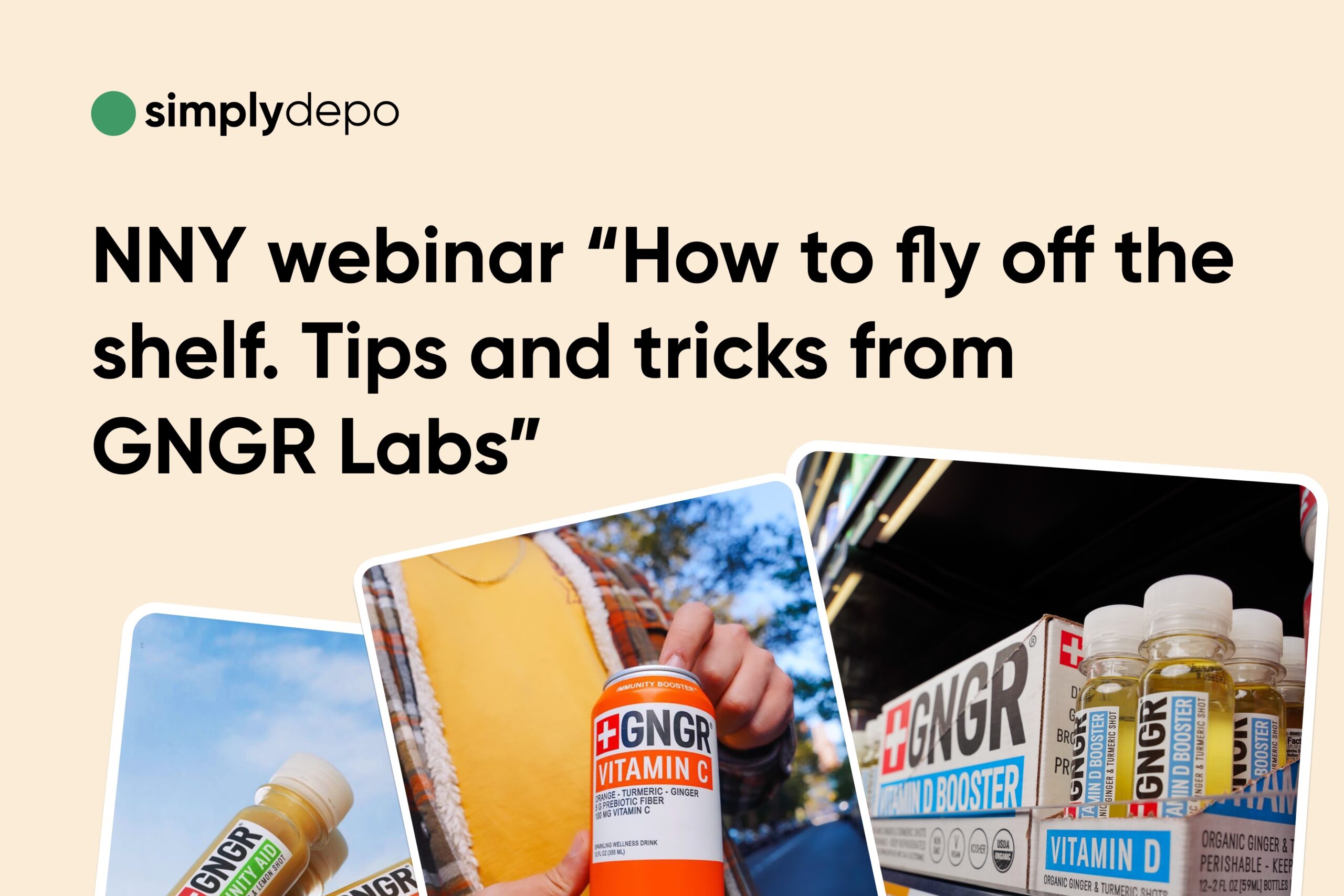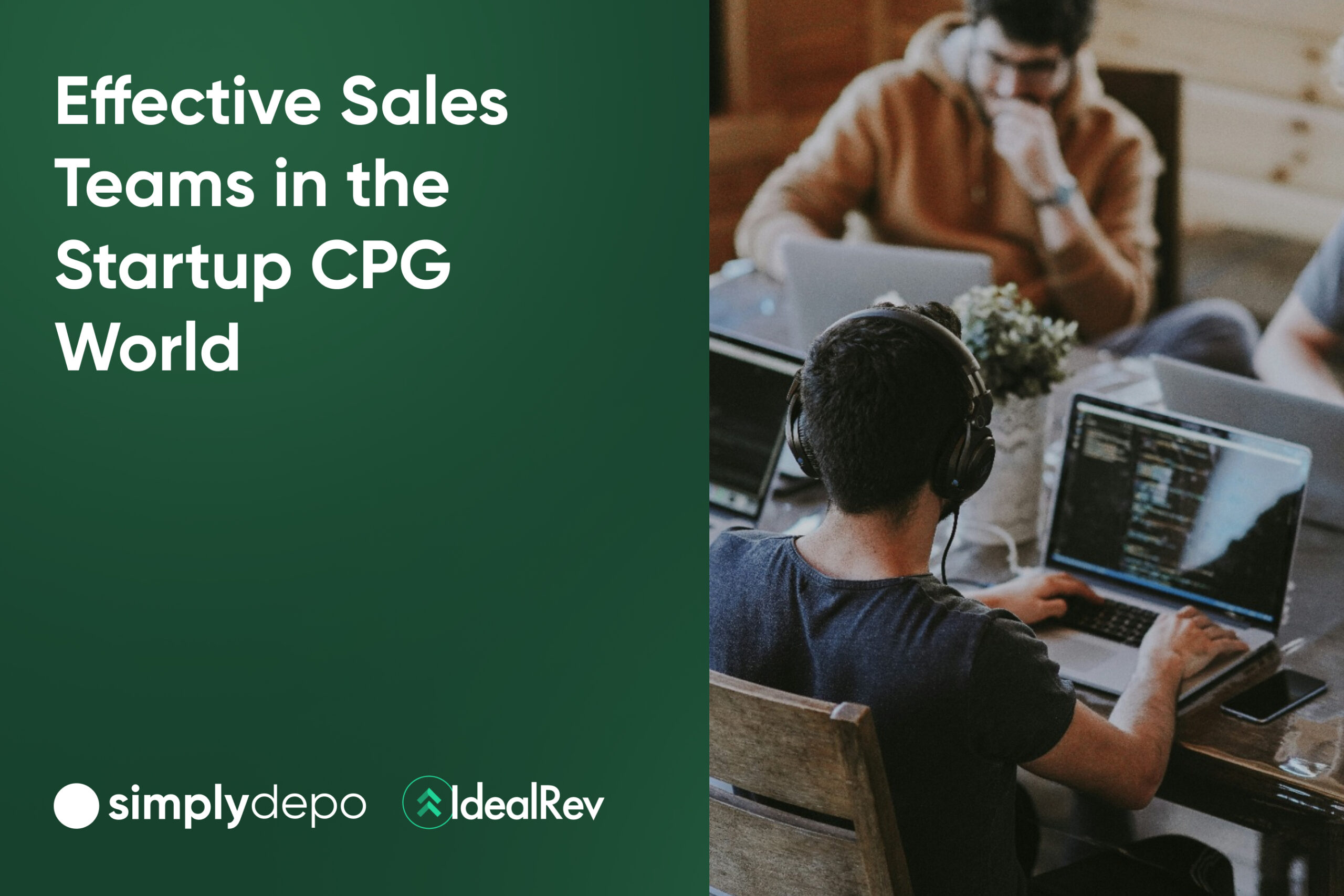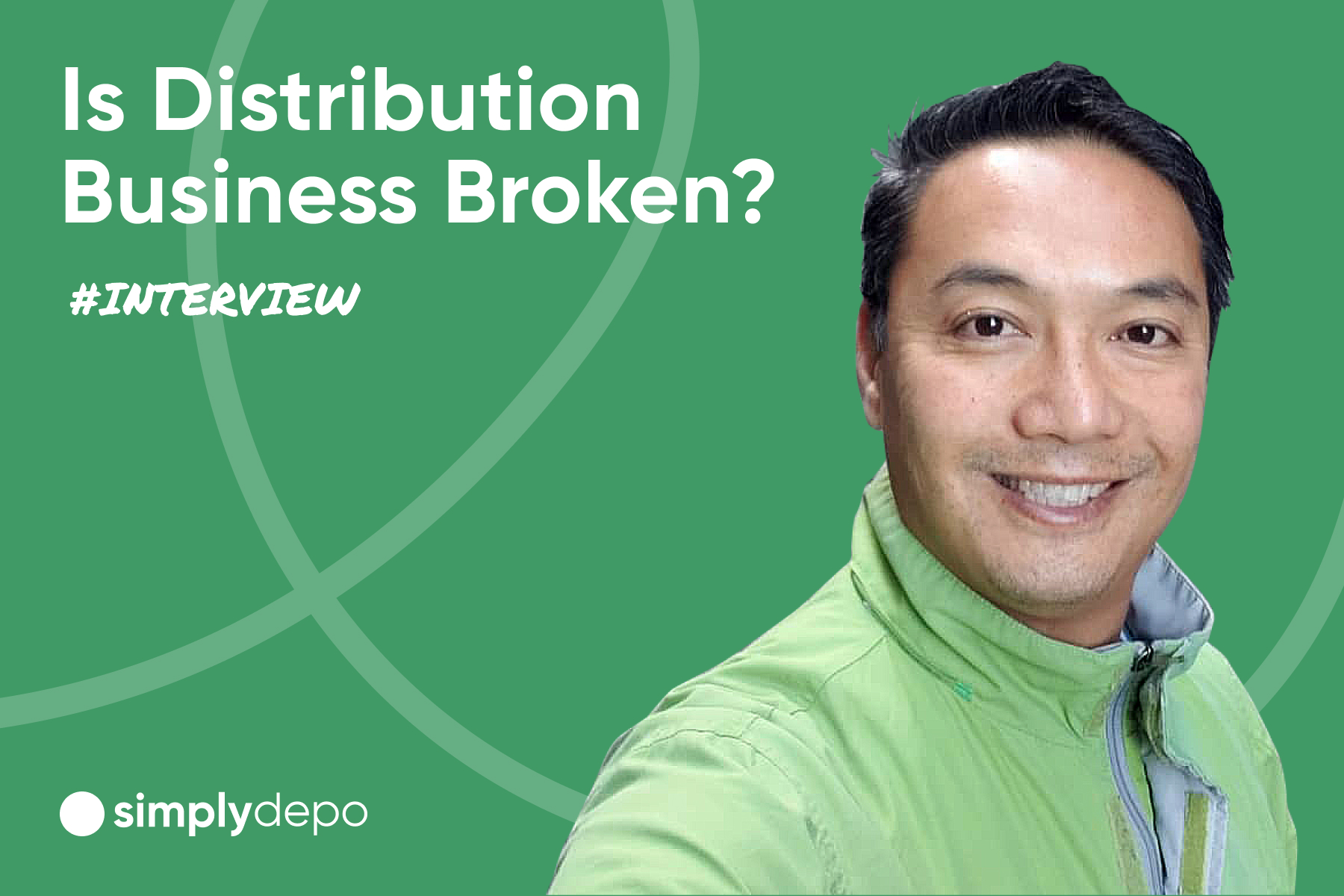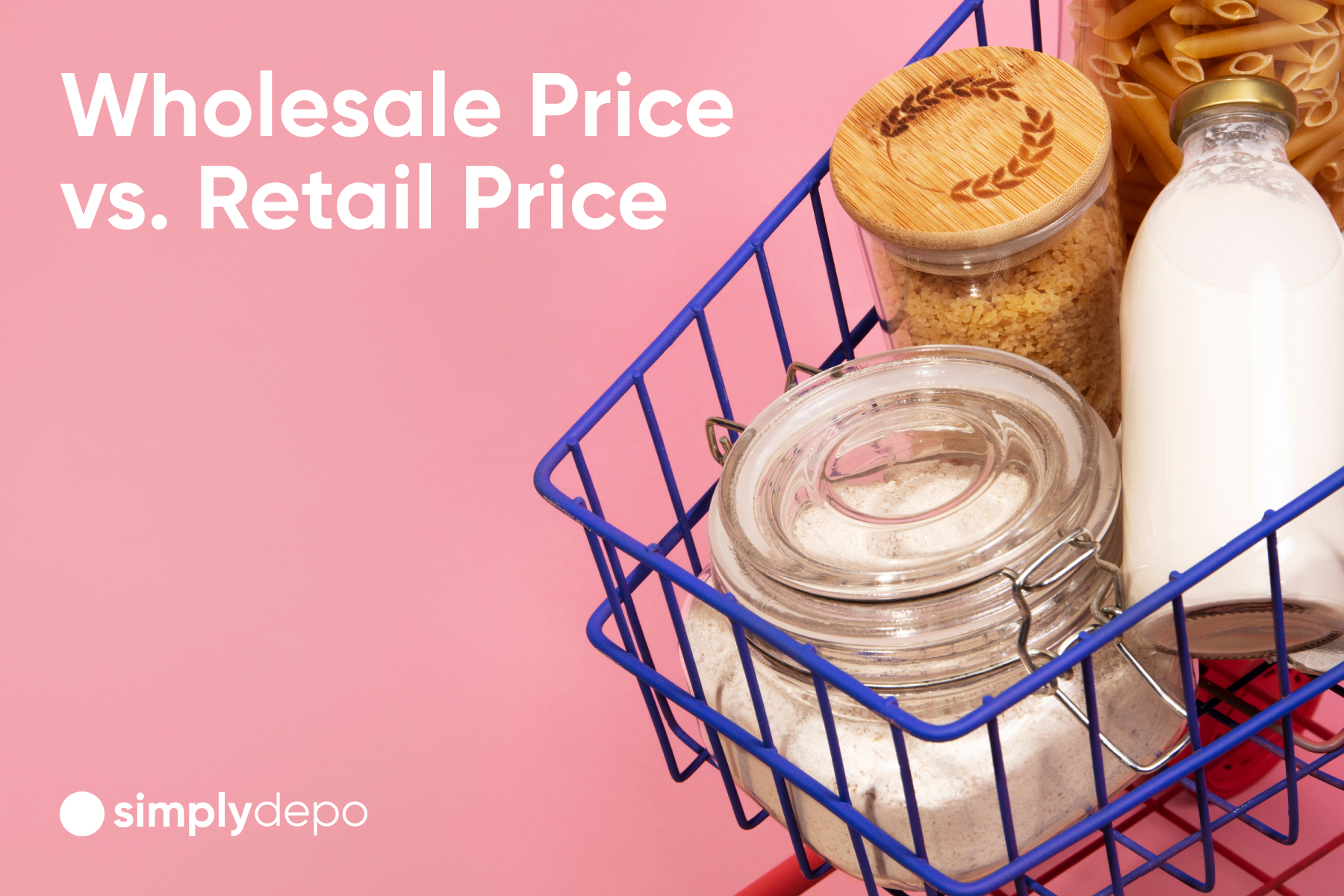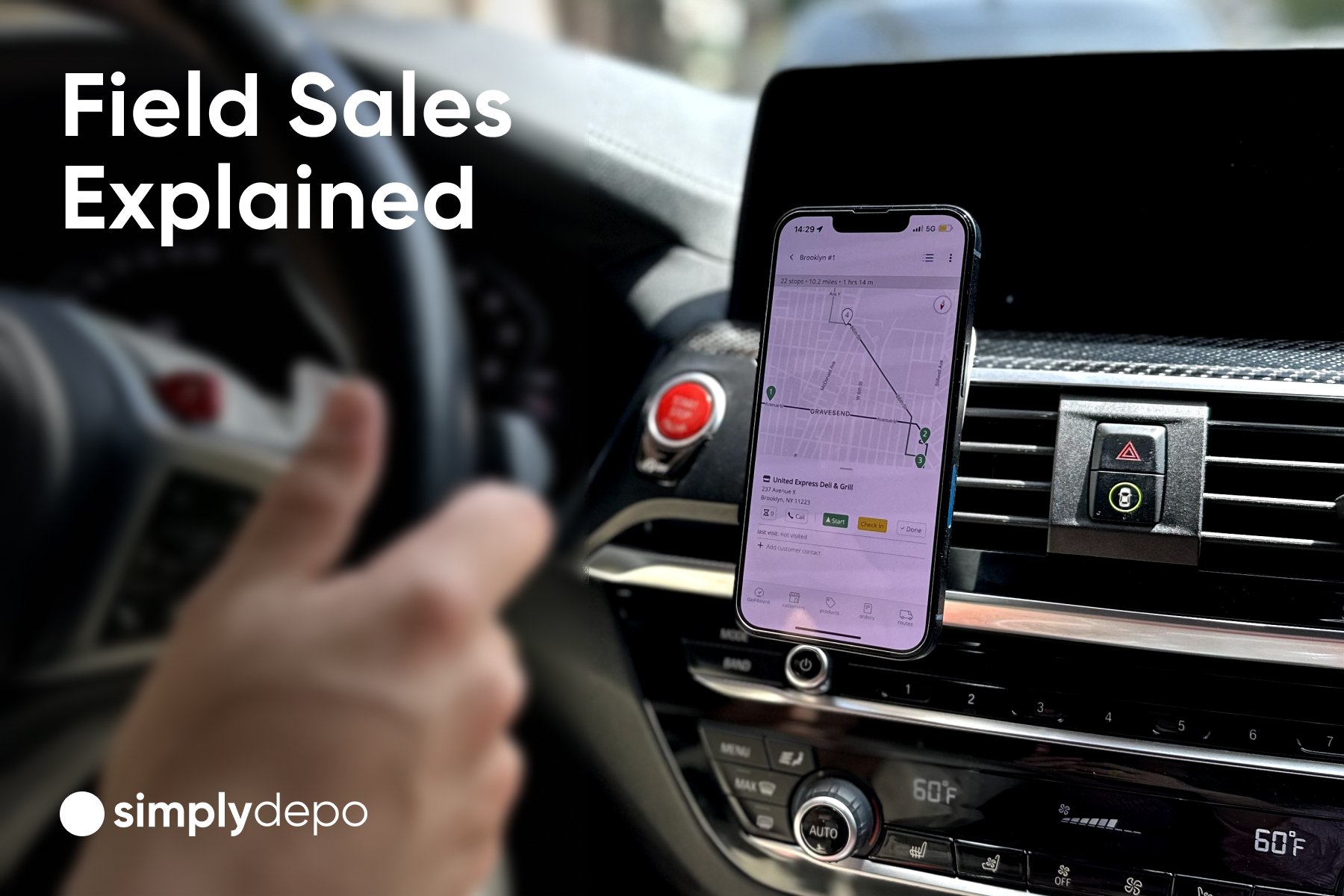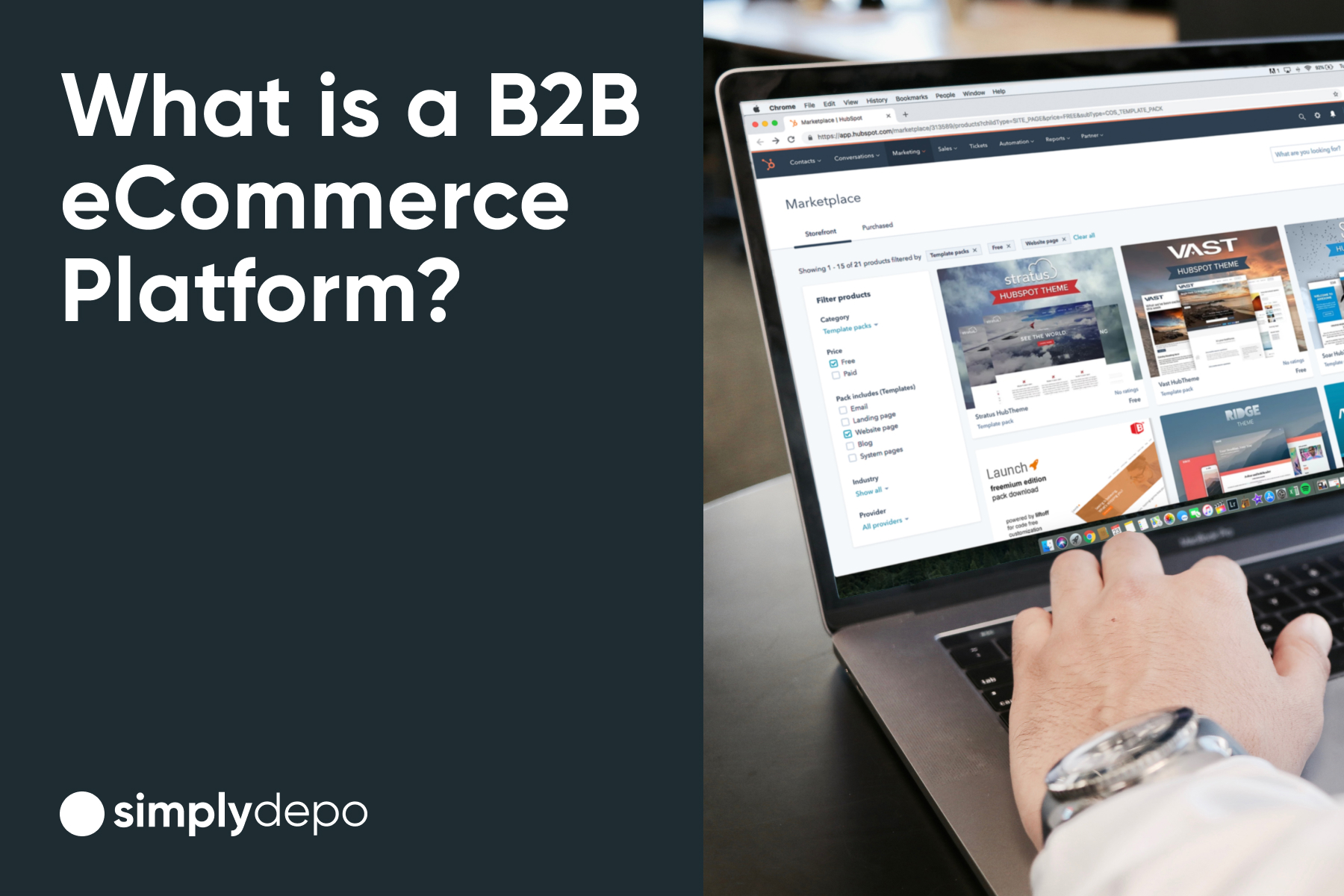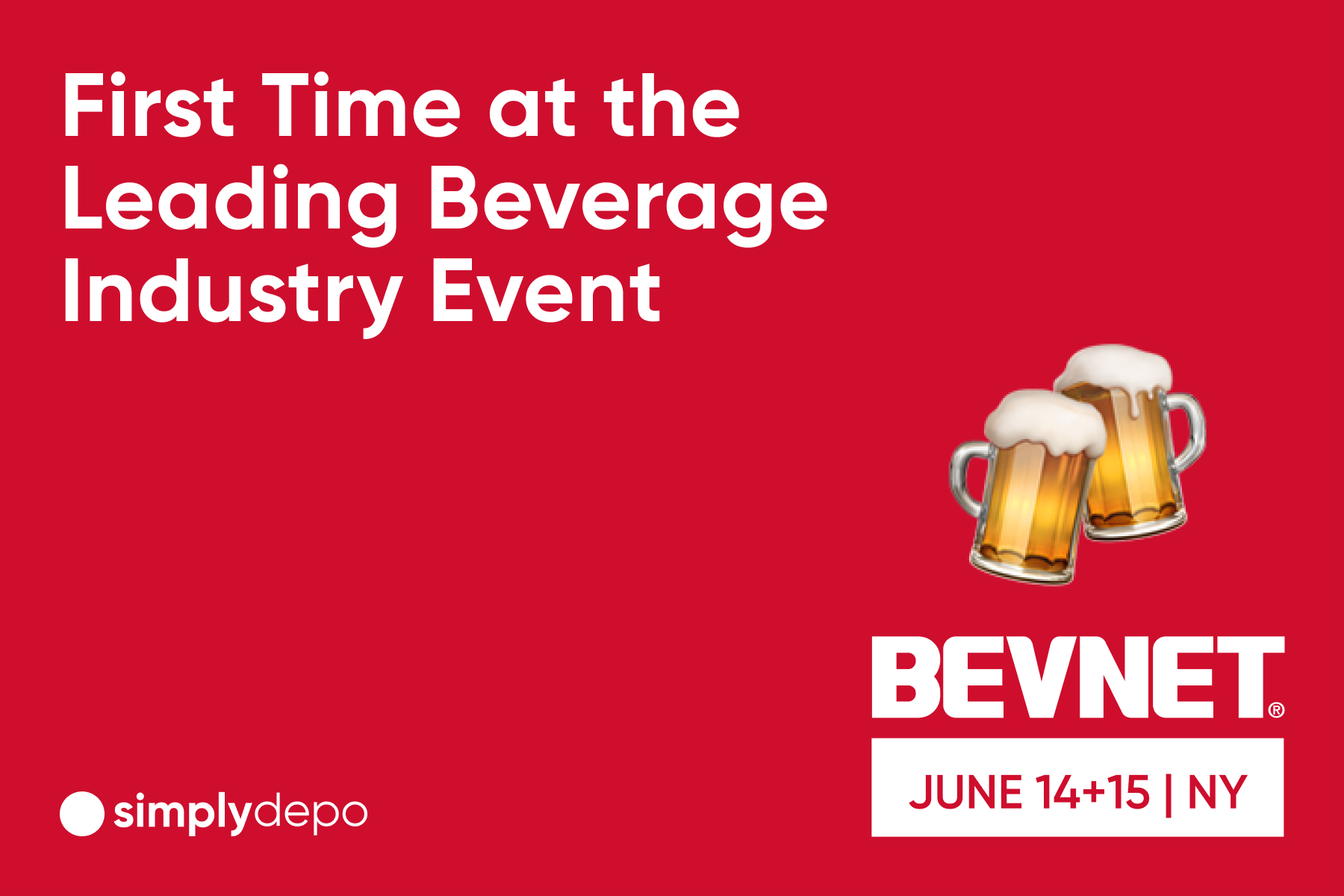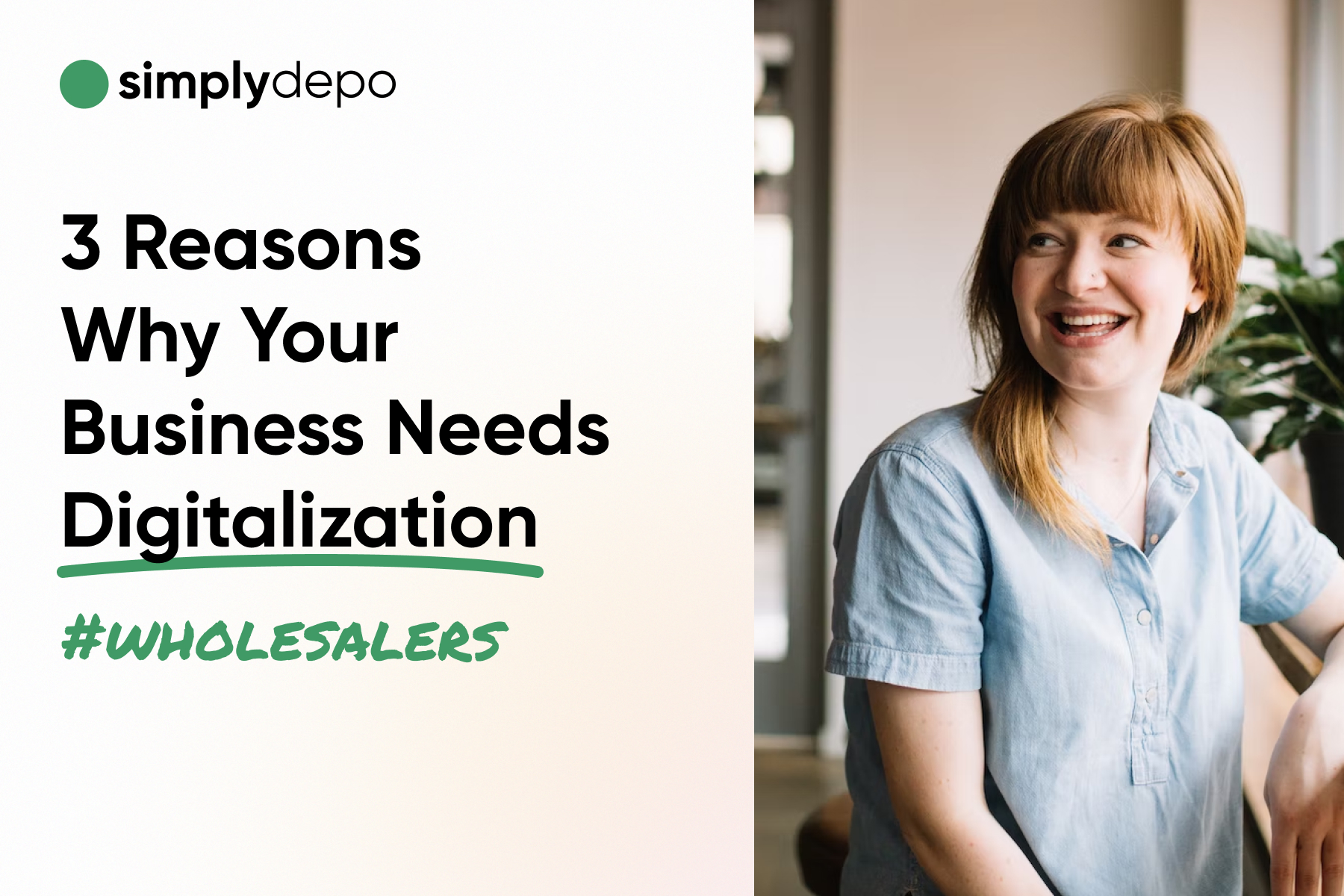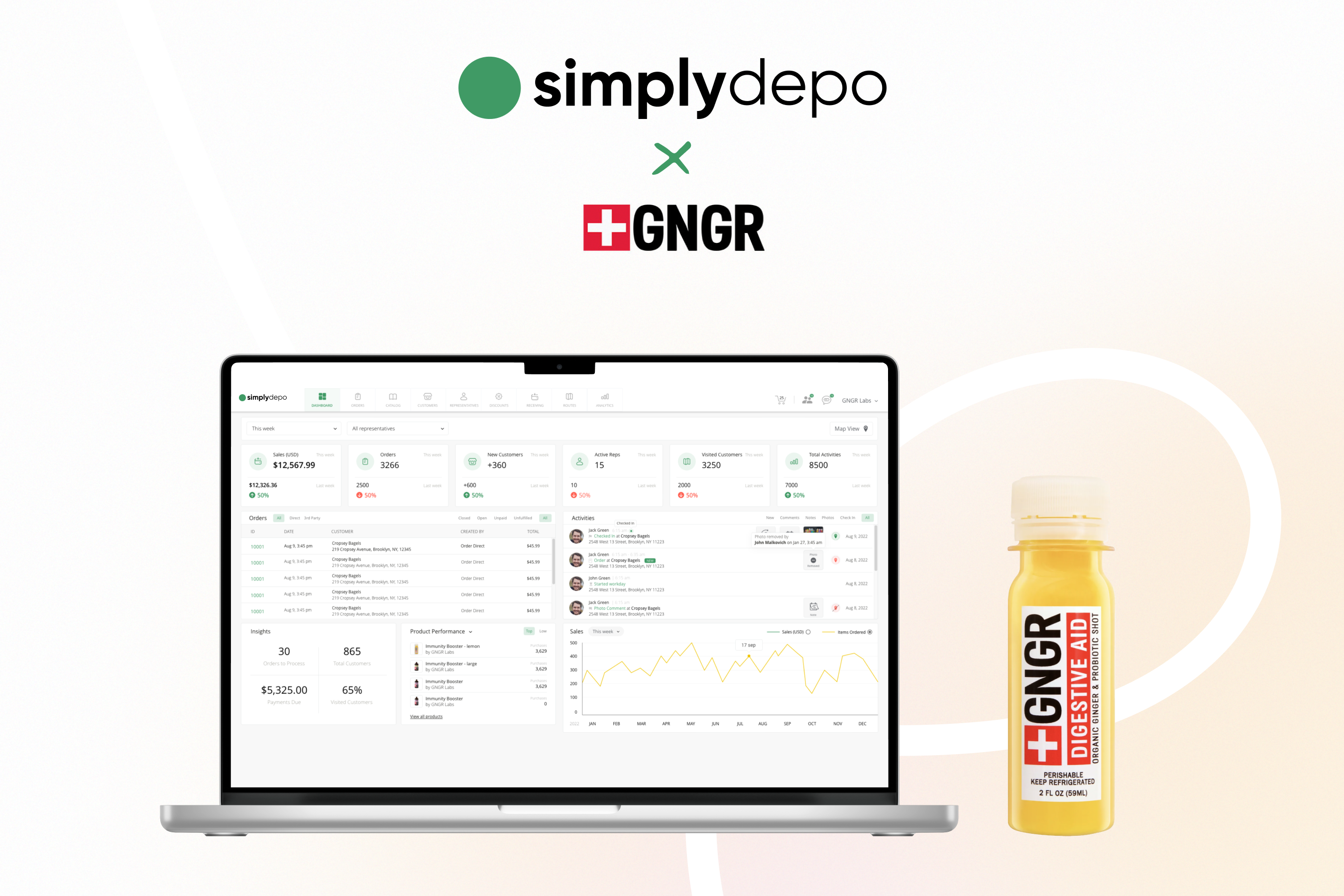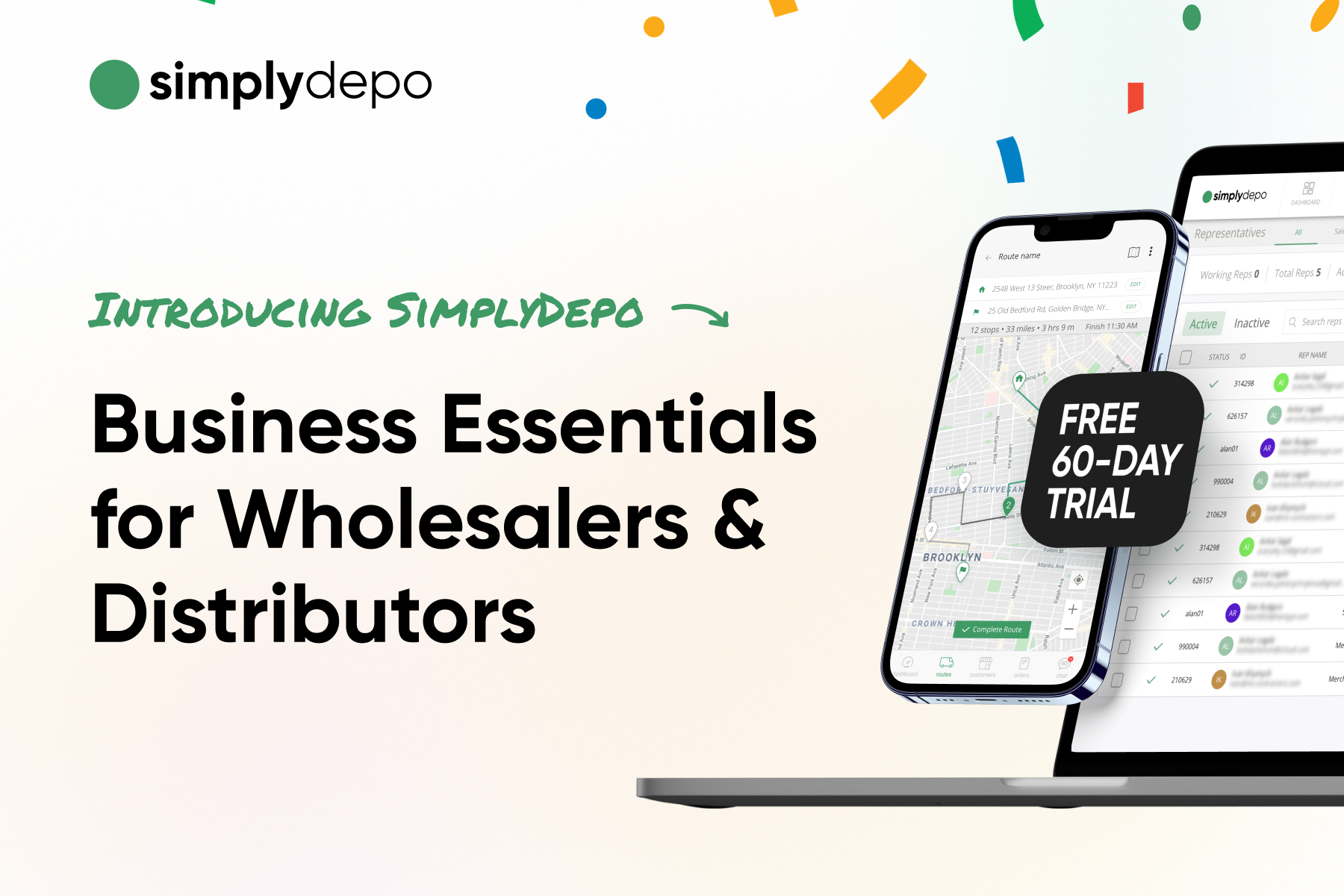As a consumer packaged goods (CPG) business, choosing the right distribution model is crucial for your success. It can determine your market reach, scalability, and, ultimately, your brand growth. With the rise of e-commerce and the ever-changing retail landscape, it’s important to understand the different distribution models available and how to choose the right one for your business.
In this article, we’ll explore the various distribution models for CPG businesses and provide tips on how to choose the best one for your brand.
The Importance of Choosing the Right Distribution Model
Before we dive into the different distribution models, let’s first understand why it’s important to choose the right one for your CPG business.
Market Expansion and Scaling Growth
The right distribution model can help you expand your market reach and scale your growth. By choosing a model that aligns with your business goals and target audience, you can effectively reach new markets and increase your sales.
For example, if your target audience is primarily online shoppers, choosing a direct-to-consumer (DTC) model may be the best option for you. This allows you to reach customers directly through your website or online marketplace without relying on traditional retail channels.
Brand Growth and Visibility
The distribution model you choose can also impact your brand growth and visibility. By selecting a model that aligns with your brand values and messaging, you can effectively communicate your brand story and connect with your target audience.
For instance, if your brand focuses on sustainability and ethical sourcing, partnering with retailers who share these values can help strengthen your brand image and attract like-minded customers.
Types of Distribution Models
Now that we understand the importance of choosing the right distribution model let’s explore the different options available to CPG businesses.
Direct-to-consumer (DTC)
The DTC model involves selling products directly to consumers through your own website or online marketplace. This allows you to have full control over the customer experience and collect valuable data on your customers. Amazon, Shopify, WooCommerce, and Big Commerce are all great platforms to begin your journey online with the caveat that Amazon’s Seller Central platform has a steep learning curve to get started but has obvious huge market upsides.
DTC is a popular choice for CPG businesses as it allows for a more personalized and direct relationship with customers. It also eliminates the need for intermediaries, reducing costs and increasing profit margins.
Subscription Model (DTC)
As a subset of the DTC channel, the subscription model involves offering products regularly, typically through a monthly or quarterly subscription. This model is popular for CPG businesses selling consumable products such as food, beauty, or household items. Subscriptions can provide a steady stream of revenue, help build a loyal customer base, and offer some benefits of supply forecasting with future orders in a queue. However, consistent product quality and customer service are also required to retain subscribers.
Retail Distribution
Retail distribution involves selling products through traditional retail channels such as brick-and-mortar stores, supermarkets, and online marketplaces. This model allows for wider market reach and can help increase brand visibility quickly. If you have a good hustle, this is a great way to cut your teeth on learning the art of sales and master the market landscape. Hiring a good sales team with experience in retail sales is a great option here.
However, retail also means giving up some control over the customer experience and relying on retailers to market and sell your products effectively. It’s important to carefully choose retail partners that align with your brand values and have a strong presence in your target market. If you are worried about keeping tabs on your product on retail shelves, there is new CPG distribution software that will allow sales reps to capture, document, and communicate photos of retail displays so that CPG brands can see live feeds of their product on display. One emerging software, SimplyDepo has tackled this problem head-on and created a solution to help CPG brands battle for prime real estate on retail shelves.
Hybrid Model
The hybrid model combines elements of DTC and retail distribution. It involves selling products directly to consumers through your own website or online marketplace while also partnering with retailers to reach a wider market.
This model allows for more control over the customer experience and data collection while also leveraging the reach and resources of retail partners. It can be a good option for CPG businesses looking to balance direct sales with wider market reach.
How to Choose the Right Distribution Model for Your CPG Business?
Now that we’ve explored the different distribution models, let’s discuss how to choose the right one for your CPG business.
Understand Your Target Audience
The first step in choosing the right distribution model is understanding your target audience. Who are they? Where do they shop? What are their preferences and buying habits?
By understanding your target audience, you can determine which distribution model will best reach and resonate with them. For example, a DTC or hybrid model may be the best option if your target audience is primarily online shoppers.
Consider Your Business Goals
Your business goals should also influence your choice of distribution model. Are you looking to expand into new markets, increase sales, or build brand awareness?
By aligning your distribution model with your business goals, you can effectively use it as a tool to achieve your objectives. For instance, if your goal is to increase sales in targeted regions, partnering with retailers through a retail distribution model may be the best option.
Evaluate Your Product and Brand
Your product and brand also play a role in determining the right distribution model. Consider the type of product you’re selling, its price point, and how it aligns with your brand values and messaging.
For example, if you’re selling luxury, high-end products, a DTC or hybrid model may be more suitable as it allows for a more personalized and premium customer experience.
Research and Analyze Your Competitors
It’s important to research and analyze your competitors to see what distribution models they are using and how successful they are. This can help you identify any gaps in the market and determine which model may be the best fit for your business. You can also learn from your competitors’ successes and failures and use that information to inform your own distribution strategy.
Real-World Examples of Successful Distribution Models
Let’s take a look at some real-world examples of CPG businesses that have successfully implemented different distribution models.
- Coca-Cola uses an indirect distribution model, selling their products to retailers and wholesalers who then sell them to the end consumer. They also have their distribution centers to ensure efficient delivery of their products.
- Dollar Shave Club uses a DTC online model as they customize their product offerings to align with their customer’s needs and deliver directly to households. This model allows them to maintain strong margins with less distribution costs and completely own the customer experience.
If you are still not sure of which path to take, check out some of the CPG communities that embrace these problems in real time. Engaging with communities can be invaluable for networking, learning, and gaining visibility. Here are some top CPG communities worth considering:
FounderMade is a platform that connects entrepreneurs and emerging brands with opportunities for growth, investment, and partnerships in the CPG space. They host events and conferences and provide resources for start-ups looking to scale their businesses.
Foodboro is a community and resource hub for food and beverage entrepreneurs. It offers networking events, educational content, and access to industry experts to help start-ups navigate challenges and grow their businesses in the food and beverage sector.
Naturally New York is a community organization whose vision is to foster sustainable and responsible business practices, stimulate conscious business growth, support entrepreneurship, and develop exceptional leadership within the Greater NY natural-products community.
Natural Products Expo is not exclusively a community platform. The Natural Products Expo hosts events and conferences that bring together natural and organic product brands, including many start-ups in the CPG space. Attending these events can provide valuable networking opportunities and exposure for start-up brands.
CPG.IO is a community and platform focused on helping CPG brands scale their e-commerce operations. It provides resources, tools, and connections to help brands navigate the complexities of online retail and grow their online sales channels.
These communities offer opportunities for start-up CPG brands to connect with other entrepreneurs, learn from industry experts, and access resources to support their growth and success.
Choosing the right distribution model for your CPG business is crucial for your success. By understanding your target audience, business goals, and product and brand, you can determine which model will best reach and resonate with your customers. Consider the different options available and research your competitors to inform your decision. With the right distribution model, you can effectively expand your market reach, scale your growth, and achieve your business goals. Now, roll up those sleeves and get at it!
Chad Wisneski
VP Sales & Marketing, 86 Foodservice Companies

